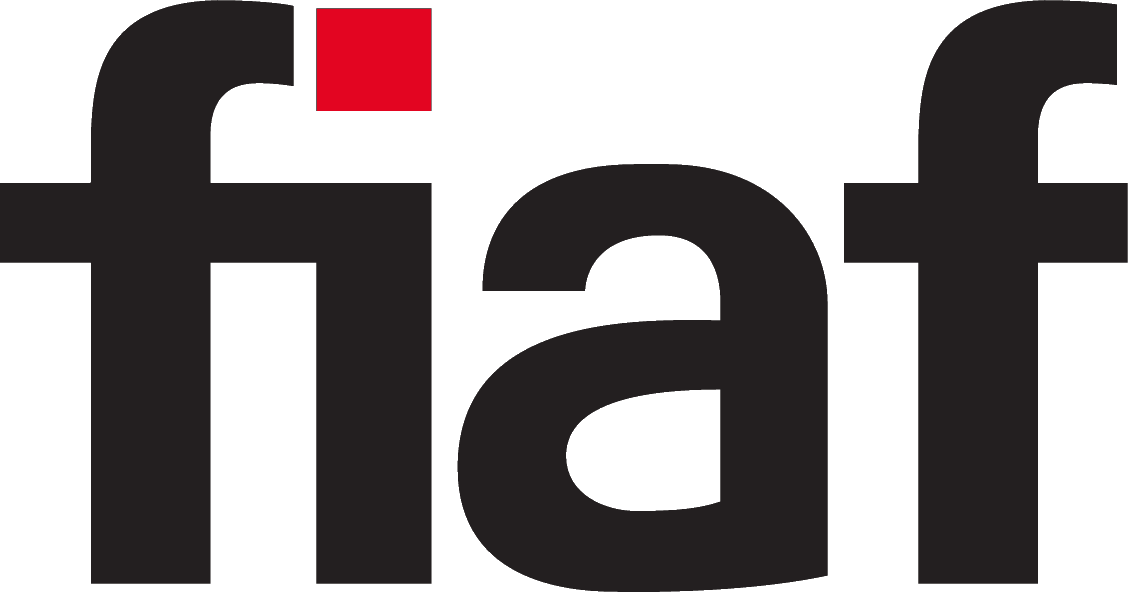/pages/Training/6th-Programming-Winter-School-list-of-participants.html
This page is only accessible to logged-in members of the FIAF Community (i.e. staff of FIAF-affiliated institutions who have registered for access to the restricted area). If you are not registered yet, please to go the registration page. If you are already registered, log in in the right-hand menu of the website.Log out
Member access
Forthcoming events
SELECT p.*, c.sTitre, c.sDescription, c.sIntro, c.sIntro2, c.sIntro3, c.nIntroLien, c.nIntro2Lien, c.nIntro3Lien, c.sIntroLien, c.sIntro2Lien, c.sIntro3Lien, c.sContenu, cat.sCategorie, p.sPage
FROM t_page as p, t_contenu as c, tref_langue as l, tref_categorie as cat
WHERE p.nIdPage = c.nIdPage AND
c.nIdLangue = l.nIdLangue AND
cat.nIdCategorie = p.nIdCategorie AND
l.sCodeLangue = 'en' AND p.nStatut = '1' AND
( p.nEstUnForthcomingEvent ='1' OR cat.sCategorie = 'Forthcoming-Events' ) AND
p.dDateDebut < '2025-06-30 22:59:49' AND p.dDateFinEvent >= '2025-06-30 22:59:49' AND (p.dDateFin >= '2025-06-30 22:59:49' OR p.dDateFin = '0000-00-00 00:00:00')
ORDER BY p.dDateDebutEvent ASC LIMIT 4
27-30 July 2025
2nd Decasia Archive Film Festival, Lagos
News
SELECT p.*, c.sTitre, c.sDescription, c.sIntro, c.sIntro2, c.sIntro3, c.nIntroLien, c.nIntro2Lien, c.nIntro3Lien, c.sIntroLien, c.sIntro2Lien, c.sIntro3Lien, c.sContenu, cat.sCategorie, p.sPage
FROM t_page as p, t_contenu as c, tref_langue as l, tref_categorie as cat
WHERE p.nIdPage = c.nIdPage AND
c.nIdLangue = l.nIdLangue AND
cat.nIdCategorie = p.nIdCategorie AND
l.sCodeLangue = 'en' AND p.nStatut = '1' AND
( p.nEstUneNews ='1' OR cat.sCategorie = 'News' ) AND
p.dDateDebut < '2025-06-30 22:59:49' AND (p.dDateFin >= '2025-06-30 22:59:49' OR p.dDateFin = '0000-00-00 00:00:00')
ORDER BY p.dDate DESC LIMIT 4





